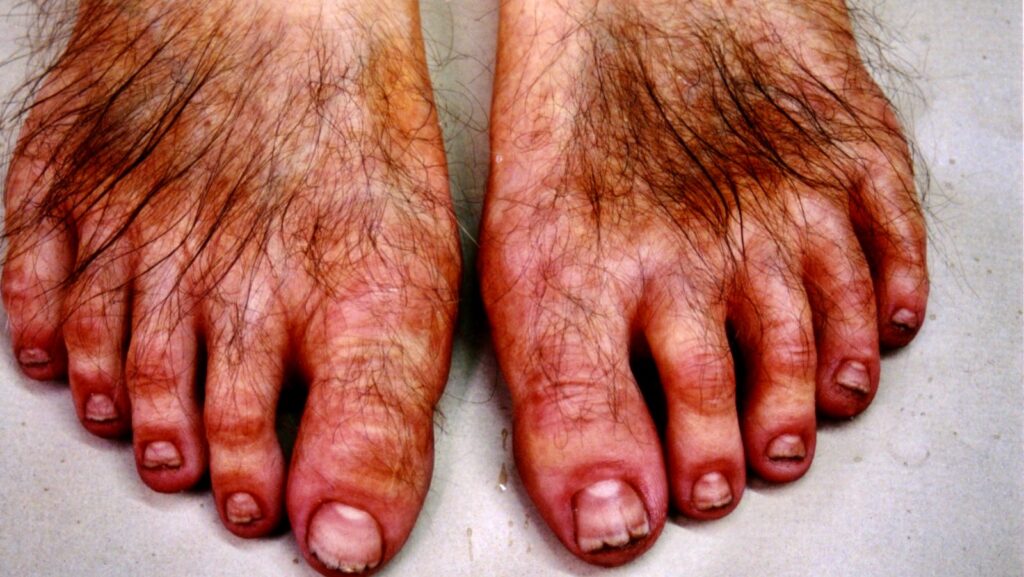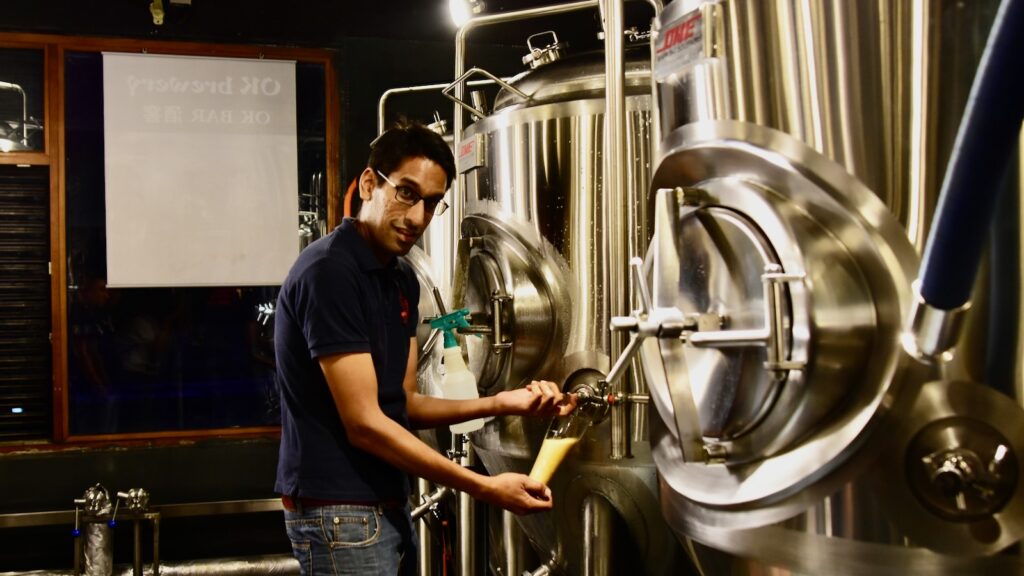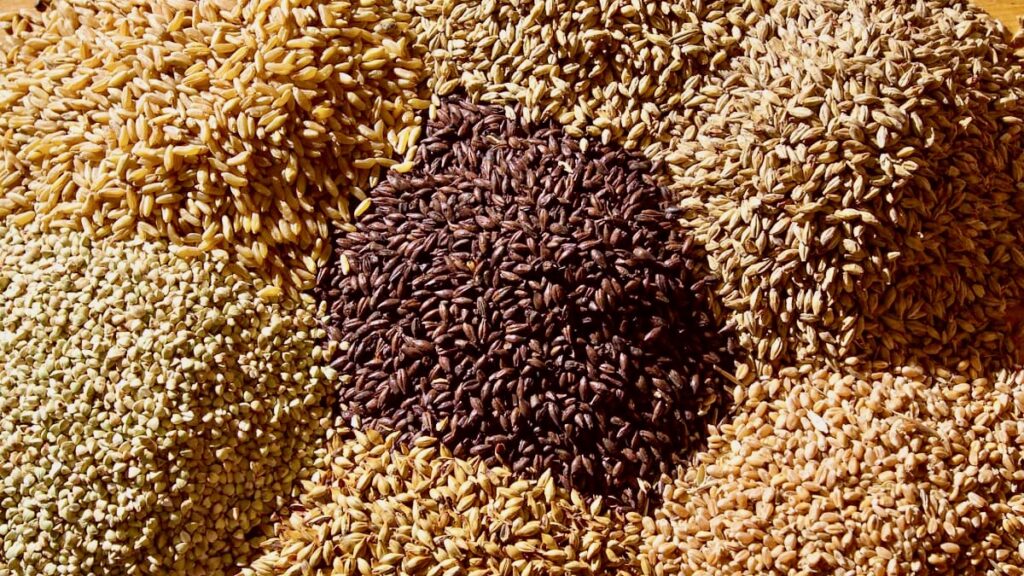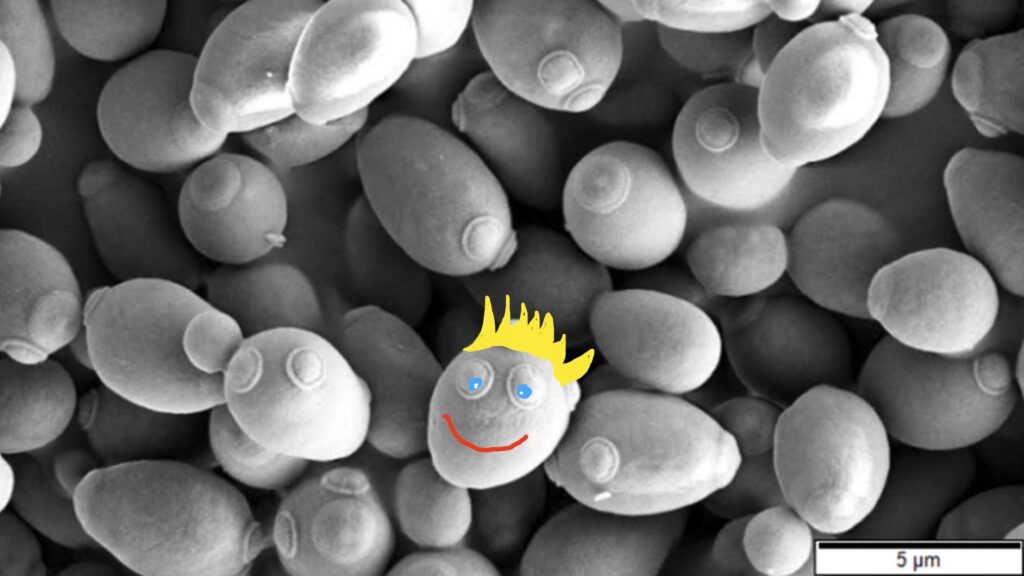As is now something of a tradition in the Nine Rivers Distillery universe, everyone takes their turn to introduce themselves and it seems I’ve been bumped up to the top! I’m pleased to tell everyone how I went from brewsky to whisky. So here goes nothing, something and maybe everything.
No names needed I guess, although that is often a talking point. I’m not a Smith or a Jones, and thanks to some recent movies about Middle Earth I do get asked if my surname Playfoot is actually a name from The Shire. Additional questions include inquiring if I actually wear shoes and how hairy my feet are.
Myth busting time, I’m not a hobbit – the name Playfoot is actually quite an ancient Anglo Saxon name that has been around in the UK for about 15 centuries. Apparently it means companion or something like that. And no, not the “under the table” kind.

Brewsky
My background is in brewing beer. In fact, my first job was in brewing and I’ve now clocked up 27 years in the industry. I started off way back in the day at a small brewery (so long ago, we didn’t use the term “craft” for beer or breweries – that came in way later) where I cut my teeth, wet my whistle and quickly became obsessed with brewing. brewsky to whisky
Being able to create flavours in beers that just didn’t exist in mainstream product lines was something that really grabbed me. I experimented at home, built up my knowledge of grains, hops, and yeasts and three years later was approached to run two brew pubs in central London.

In the late 90’s, brewpubs were a lot more spit and sawdust than the swanky hipster establishments that some of them tend to be these days. Not that these places are bad, it’s just… well. Moving on. It comes as no surprise that it was during this time I made the acquaintance of a cider drinking scruff that was apparently something of an IT whizz – who would often troll me about my “home brew in big tanks” when he chose to talk about affectionately.

A few more brewster jobs and countries later and I ended up in China in 2011. I started initially as a brewing consultant (something I’ve continued to do, helping breweries of all shapes and sizes get on a structured and logical path to making amazing beer) and then held a few head brewer roles.
A few years later, hearing some rumours about the nemesis of craft beer being resident in China (AKA The Mayor of Liquor Town). I grabbed his WeChat contact off a friend, added him, and instantly recognised a familiar (albeit older, and greyer) face. We came from different worlds, but felt like we were part of the same family.
Brewsky to Whisky
The Mayor and I (Jay) stayed in touch and occasionally (frequently) had that ancient debate of beer versus whisky. Then, a few years ago, I got a surprising message. Instead of the usual “craft beer is crap and whisky rules” it was “what if we took the very best of craft beer…and distilled it. Then whack it in some oak barrels for a few years to make whisky?”

I wasn’t quite sure if it was a serious statement or a wind up, so I called Jay and we ended up coming to the agreement that most whiskies seem to focus on everything that happens after malting, mashing, and fermentation and this is probably a massive oversight. If beers can range in aroma, texture and flavours from literally bitter water right through to fruity beauties (just like our editor) – then surely some of these characteristics from brewing could carry right through to a mature whisky.
From Then To Now
The project has grown a bit since those first, early chats. We were originally talking about a much smaller scale. 3 ton mash tuns and 3’000 litre fermentors (washbacks as they are typically called in the world of whisky).

We’re now building a project with batch sizes of 10 times that: 30 tons in the mash tun and 30’000 litre fermentors. I’ve had to redo a lot of the maths in the background (sadly, we can’t just multiple everything by 10 – there’s a little bit more to it than that!) but it’s still a huge amount of excitement and fun.
Frankly, I can’t wait to get my hands dirty. brewsky to whisky
Malts and Grains
Different types of malt and grains are an obvious starting point. Roasting malts to different degrees will create completely different flavours in beers, as would the introduction of different grains.

It stands to logic and reason that this would create a different whisky. Sure, different grains won’t create a single malt whisky, but it’s still a single grain whisky and can still be world class.
Is That the Yeast You Can Do?
Yeasts and fermentation are also an aspect of the processes before casking that is often ignored. Most whisky producers just want to get as much alcohol in their wash as quickly as possible, since this means a faster product and thus faster cash in their pockets. A lot of distillers yeasts and “turbo yeasts” are used – which, depending on how you read and interpret most whisky regulations, are either walking the fine line of regulations, or in some cases, stepping over them.*

We will be focussing on traditional brewing approaches with longer fermentation – all the best of everything always takes a bit of time, and rushing it will always create a tradeoff compromise in quality for the end result. We’re confident you will taste the difference.
The Mash Up
Approaching the mashing to fermentation stage of whisky making as if the end product would be a world class craft beer is just one of many things that will be different at Nine Rivers Distillery. Improving on every stage in the end to end process, to create better flavours and aromas, is exciting for someone like me.
There’s no claims from us that we will be the first to do this. I’ve heard of lots of serious brewers distilling their beers. But, to take this same “how can we make it better” view on every single part of the production process, will be very special.
I’m proud to be a part of it. brewsky to whisky
Would You Like To Read More?
If you enjoyed reading this, and you would like to catch up with some of our past articles, then please CLICK HERE and go to our News Section, where most of our other content is published.
Follow Us
If you have enjoyed reading this and want to learn more about Nine Rivers Distillery, then use the QR Code below to follow our WeChat Official Account.

Alternatively, if you prefer Linked In then you can CLICK HERE to follow us.
Facebook users, you can CLICK HERE.
brewsky to whisky

Reference Points brewsky to whisky
*Using the example of the regulations for Scotch Whisky (most regulated countries have the same if not very similar to this) as an example.
Definition of “Scotch Whisky” and categories of Scotch Whisky.
3.—(1) In these Regulations “Scotch Whisky” means a whisky produced in Scotland—
(a)that has been distilled at a distillery in Scotland from water and malted barley (to which only whole grains of other cereals may be added) all of which have been—
(i)processed at that distillery into a mash;
(ii)converted at that distillery into a fermentable substrate only by endogenous enzyme systems; and
(iii)fermented at that distillery only by the addition of yeast;
Essentially in simple terms the fermentation process can only be assisted by the enzymes that are naturally released from malted grains within the mashing process, and then by yeast added to the mash or the wash.
Please CLICK HERE to view these regulations yourself on the UK government website.
Most distillers yeasts will at the very least have a payload of nutrients in the dry form to essentially help assist the yeast to transition from its dormant state to start metabolising sugar and creating alcohol. Some distillers yeasts and pretty much all packets labelled “Turbo yeast” will have a payload of nutrients AND additional enzymes that help convert any remaining starches left in the wash into fermentable sugars.
Sure, maybe I’m splitting hairs and rules are there to be bent or broken. It’s not for me to say which whisky makers are breaking the rules. I just know it’s not something we will do at Nine Rivers Distillery.
brewsky to whisky
Whilst l often use the phrase “every day is a school day” I feel like I have just had a mental reset. Incredibly interesting article. Thanks Neil, and welcome!
Welcome to the Shire.
Great article and loaded with so much information. Keep up the good work 9RD team.